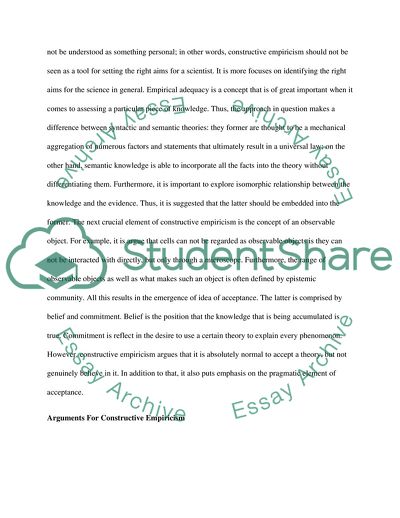Cite this document
(Philosophy of Science Essay Example | Topics and Well Written Essays - 1500 words, n.d.)
Philosophy of Science Essay Example | Topics and Well Written Essays - 1500 words. https://studentshare.org/philosophy/1880785-philosophy-of-science-final-essay
Philosophy of Science Essay Example | Topics and Well Written Essays - 1500 words. https://studentshare.org/philosophy/1880785-philosophy-of-science-final-essay
(Philosophy of Science Essay Example | Topics and Well Written Essays - 1500 Words)
Philosophy of Science Essay Example | Topics and Well Written Essays - 1500 Words. https://studentshare.org/philosophy/1880785-philosophy-of-science-final-essay.
Philosophy of Science Essay Example | Topics and Well Written Essays - 1500 Words. https://studentshare.org/philosophy/1880785-philosophy-of-science-final-essay.
“Philosophy of Science Essay Example | Topics and Well Written Essays - 1500 Words”. https://studentshare.org/philosophy/1880785-philosophy-of-science-final-essay.


